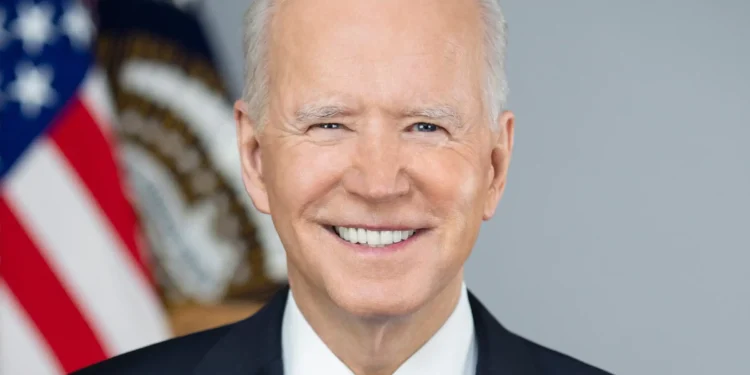On Monday, July 29th, President Joe Biden announced a comprehensive plan for Supreme Court reforms aimed at addressing concerns over judicial integrity and accountability. The proposed changes, outlined and detailed during a speech at the Lyndon B Johnson Presidential Library in Austin, Texas, include term limits for Supreme Court justices, stricter ethical guidelines, and a constitutional amendment to remove immunity for presidents regarding crimes committed in office.
The proposed term limits would cap justices’ service at 18 years, with appointments occurring every two years. This reform aims to ensure regular turnover and reduce the potential for any single administration to exert long-lasting influence on the court. The plan also introduces a binding code of conduct for justices, mandating disclosure of gifts and requiring recusal in cases involving conflicts of interest. This comes in response to recent ethical controversies surrounding some justices, which have eroded public trust in the court’s impartiality.
Additionally, Biden’s proposal seeks to eliminate the presidential immunity established by a recent Supreme Court ruling. The proposed “No One Is Above the Law” amendment would clarify that former presidents can be prosecuted for crimes committed while in office, countering the court’s decision that presidents cannot be held accountable for official acts during their tenure. This proposal is particularly relevant in the wake of former President Donald Trump’s legal challenges, which have highlighted the need for clearer accountability measures. Biden said the recent Supreme Court ruling constituted a “fundamentally flawed [and] dangerous principle” saying, “The president must be accountable to the law…We are a nation of laws, not kings and dictators.”
Vice President Kamala Harris expressed support for the reforms, emphasizing the need to restore public confidence in the judiciary. “These reforms are essential to maintaining the integrity of our democratic institutions,” Harris stated. The proposed changes, however, face significant hurdles in a divided Congress. House Speaker Mike Johnson labeled the plan a “dangerous gambit,” while Republicans have signaled strong opposition, arguing that the reforms are an attempt to undermine the Supreme Court’s conservative majority.
Despite the political challenges, the Biden administration remains committed to pushing forward with these reforms, which they argue are crucial for preserving the rule of law and ensuring no individual, including the president, is above it. The administration plans to work closely with Congress and the public to advocate for these changes, which they believe will strengthen American democracy and the judicial system.









